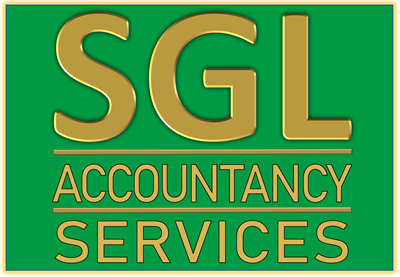
Starting Your Business: Your Essential Checklist
Introduction
Once you get going with your business, there are a few important things you need to complete. If you're a limited company, you will have already incorporated it as part of its setup.
Register for Taxes
You'll want to register pretty quickly for any taxes you need to register for, such as:
- Corporation Tax: This is normally done as part of the incorporation process for limited companies.
- Self Assessment: Required if you are operating as a sole trader.
- PAYE (Pay As You Earn): If you are going to employ staff, you'll need to register for PAYE to manage their tax and National Insurance contributions.
- CIS (Construction Industry Scheme): Applicable if you are going to work for a contractor, or hire subcontractors in the construction industry.
- Pensions Provider: If you are employing staff, you have auto-enrolment pension duties.
- VAT (Value Added Tax): If your turnover is going to exceed the VAT registration threshold (for 2023, this was £85,000, always check current thresholds).
Get a Business Bank Account
It is always advised to get a separate bank account for your business, rather than using your personal account.
This is especially important when operating a limited company, as it is a separate legal entity to yourself. Mixing personal and business finances can cause significant legal and accounting issues.
Even for sole traders, we absolutely recommend you have a separate business account. It keeps your bookkeeping tidier, cheaper, and much easier to audit. This could even be a second personal bank account, used just for your trade, though dedicated business accounts are often preferable.
Organise Yourself as a Business Owner
Running a business requires an extra level of organisation not typically needed in general life.
You'll need to keep on top of invoices, maintain accurate financial records, and ensure you comply with all relevant legislation.
Make sure you keep detailed records of your business transactions, and records of employees and their pay for the required number of years (HMRC specifies how long certain records must be kept). Get out of the habit of screwing up a receipt in your pocket with your change! You now need to keep and submit every invoice or receipt for every sale or purchase you make, even for small cash purchases like a £1 notepad. It all needs recording for accurate accounting and tax purposes.
Our accounts packages will help you with this, and they all include user-friendly bookkeeping software.
If you’re a sole trader, our Sole Trader Package can take care of this for you
Put Aside Your Taxes
It's easy to forget, but part of the money your business takes in doesn't actually belong to it.
- A percentage of your profits needs to be set aside to pay your Corporation Tax or Self Assessment liabilities.
- When you pay employees, you withhold their PAYE taxes and National Insurance, which you then need to pay to HMRC on their behalf.
- If you're VAT registered the VAT you charge customers is merely held by you, to later pay to HMRC.
Always be aware of which parts of your business's money are owed to HMRC. Remember that if you use that money for business expenses or personal drawings, you'll have to find it later when your taxes are due, which can lead to significant financial strain.